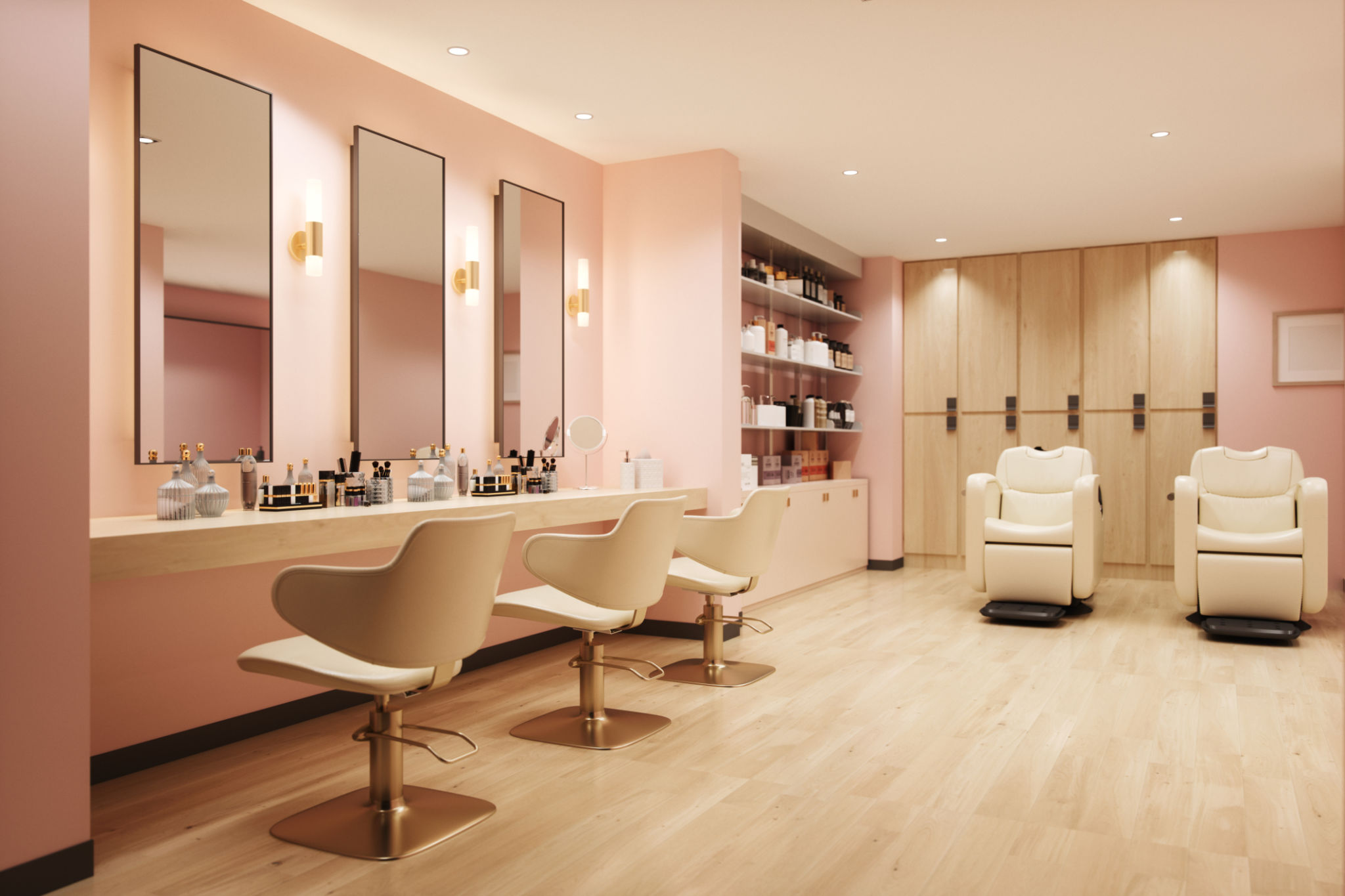5 Common Misconceptions About Renting Salon Suites
Understanding the Salon Suite Model
As the beauty industry evolves, more professionals are choosing to rent salon suites rather than work in traditional salons. Yet, despite its growing popularity, there are several misconceptions about renting salon suites. These misunderstandings can deter talented stylists from exploring this lucrative and flexible option. Here, we debunk some of the most common myths surrounding salon suite rentals.

Misconception #1: Salon Suites Are Too Expensive
One of the most prevalent myths is that renting a salon suite is prohibitively expensive. While it's true that the initial cost might seem higher compared to booth renting in a traditional salon, salon suites often provide better value. When you consider the comprehensive amenities included—such as utilities, Wi-Fi, and maintenance—the costs can be quite comparable. Moreover, the ability to set your own prices and manage your schedule can lead to increased earnings.
Cost-Benefit Analysis
A critical advantage is the potential for higher earnings. Renting a suite allows you to keep 100% of your profits, unlike traditional salons where commission cuts into your income. By strategically managing your business and clientele, you can maximize your revenue potential.
Misconception #2: Limited Client Exposure
Another common misconception is that salon suite renters will have limited client exposure. However, this isn't necessarily the case. Many salon suites are located in high-traffic areas, attracting walk-ins and new clients. Furthermore, with effective marketing strategies, such as social media promotion and online booking systems, stylists can easily build a robust client base.

Building Your Brand
Renting a salon suite provides the perfect opportunity to cultivate and promote your unique brand. Unlike traditional salons where branding is often generic, a suite allows you to personalize the space and create a distinct identity that resonates with your target audience.
Misconception #3: Lack of Professional Support
Some professionals worry that renting a salon suite means working in isolation without support. In reality, many salon suite complexes offer a vibrant community of like-minded professionals. Networking opportunities abound, and suite owners often organize events and workshops to foster collaboration and professional growth.
Community and Collaboration
The sense of community can be just as strong—if not stronger—than in traditional salons. Suite renters often form supportive networks, sharing clients, advice, and even resources to help each other's businesses thrive.

Misconception #4: Limited Flexibility
It's a common belief that salon suite rentals come with restrictive contracts and limited flexibility. In truth, most salon suite providers offer flexible lease terms tailored to meet the varying needs of beauty professionals. Whether you're looking for short-term or long-term options, there's likely a lease that suits your requirements.
Customize Your Experience
Additionally, renting a suite provides unparalleled flexibility in terms of business operations. You can set your own hours, choose your preferred products, and design your space according to your vision—freedom that traditional salons seldom offer.
Misconception #5: Overwhelming Responsibilities
Finally, some stylists fear that renting a salon suite will burden them with overwhelming responsibilities. While it's true that running your own space requires more management than being an employee, many find it empowering rather than daunting. With control over scheduling, pricing, and services, you gain autonomy over your career trajectory.
Tools for Success
There are also numerous tools and resources available to help manage these responsibilities efficiently. From client management software to accounting apps, technology makes it easier than ever to run a successful independent beauty business.
In conclusion, renting a salon suite can be an incredibly rewarding experience for beauty professionals looking for freedom and growth. By dispelling these misconceptions, you can make an informed decision about whether this path aligns with your career goals.
